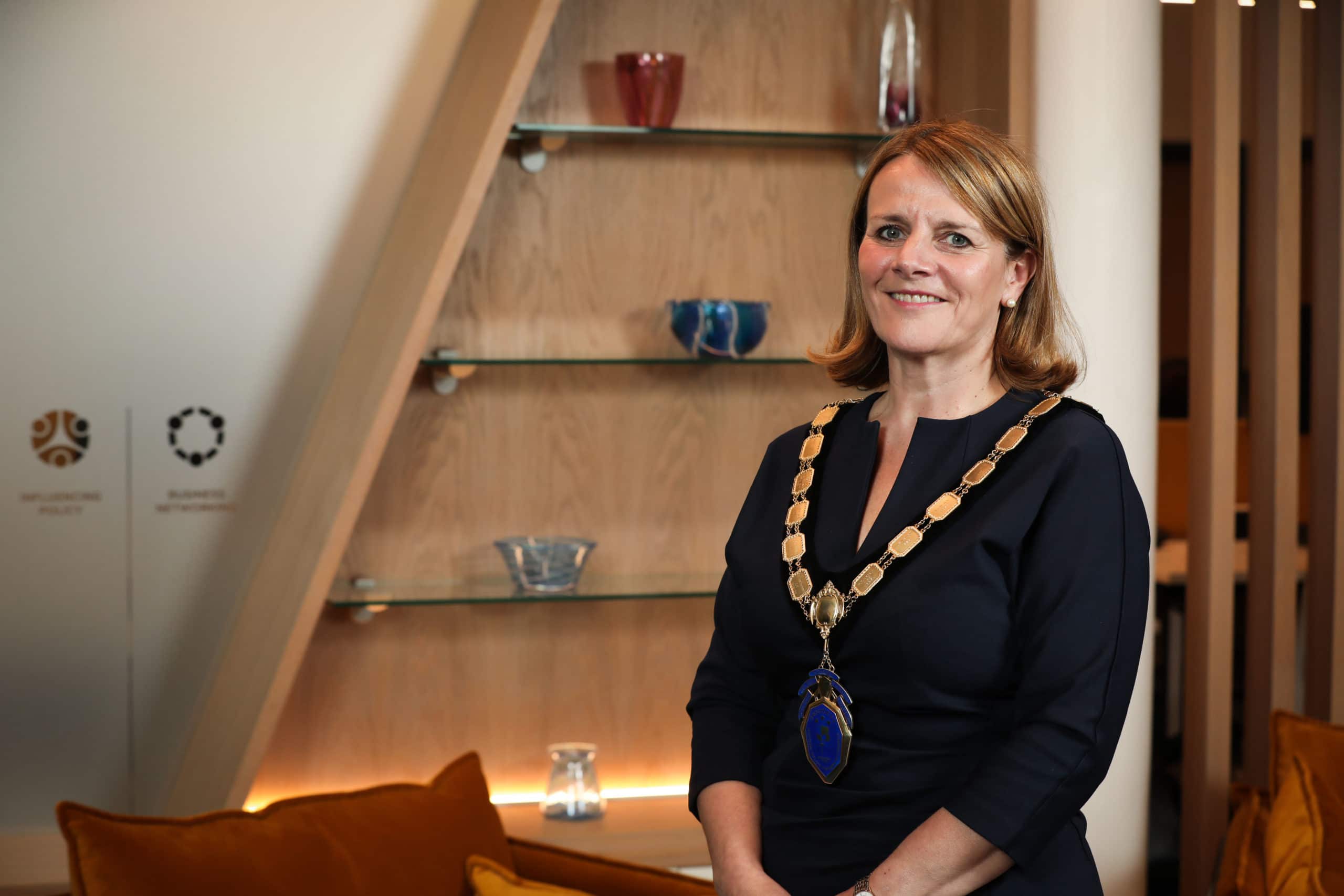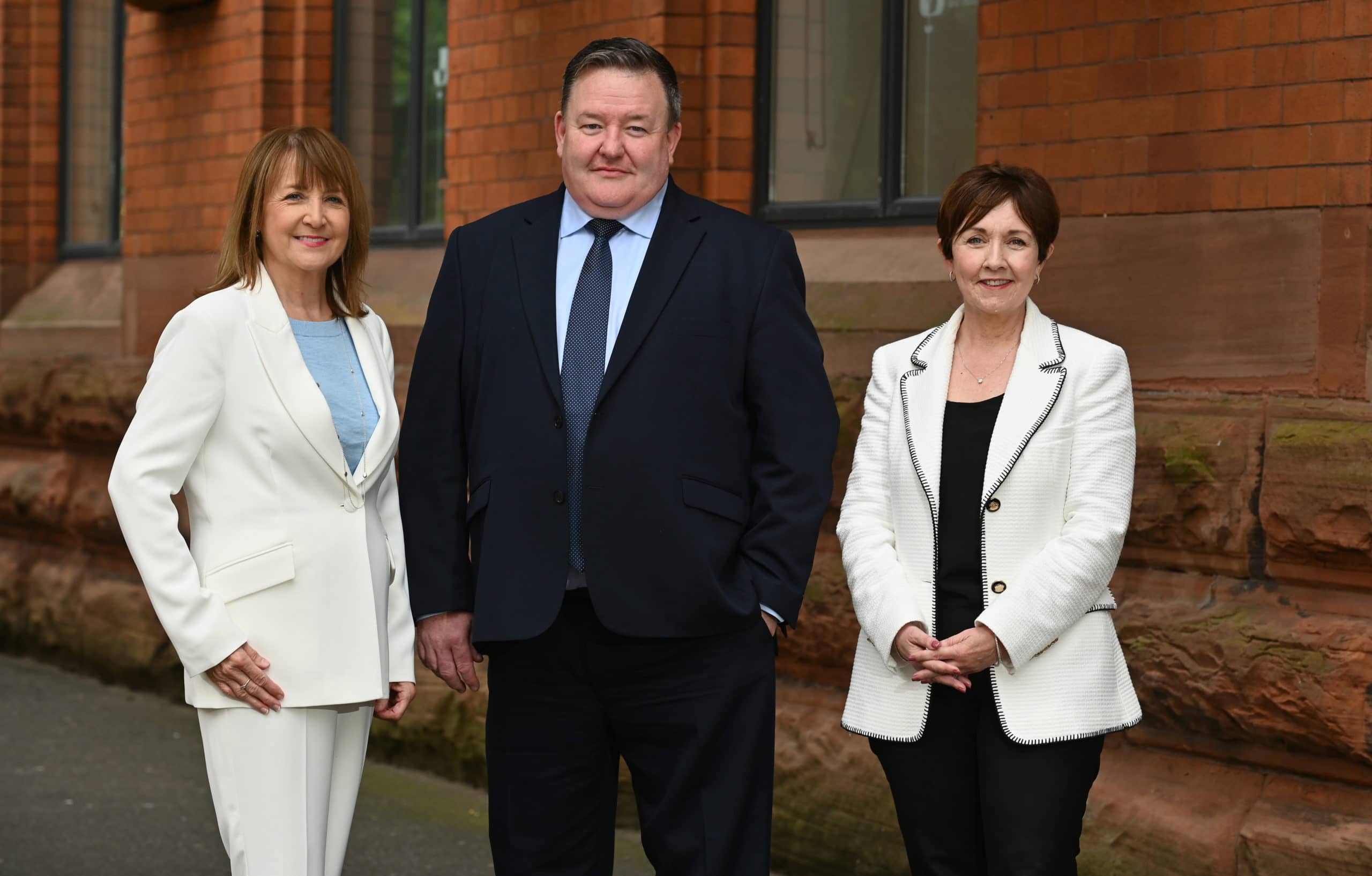Recently, we published the findings of NI Chamber’s latest Quarterly Economic Survey with BDO and while it was encouraging to report that a majority of our members traded positively in Q2, behind this, the results indicate a crystallization of the many challenges that they are currently facing.
At the outset, it is important to stress that businesses are still growing and just over half (52%) are expecting to grow in the year ahead. However, this is down on previous quarters, suggesting business growth in Northern Ireland’s economy is slowing and confidence is waning.
More than half of respondents have seen some slow-down in demand for products and/or services. That is a concerning indicator. While we might expect that there would be some slow-down after the relatively strong rebound for many after COVID, businesses are now facing an entirely different set of challenges which have been largely unanticipated.
So what needs to be done? The answer lies in tackling three Ps; ‘political’ uncertainty, rising ‘prices’ and a shortage of ‘people’.
While political uncertainty is not uncommon, it is far from helpful in a challenging business environment. There is no question that the Executive falling twice in the space of five years impacts on business confidence and it must be said, the on-going political impasse between the EU and UK on the Northern Ireland Protocol is not conducive to investment. But this is one basket of issues entirely within the gift of politicians in Belfast, London and Brussels to resolve.
The worldwide issue of rising prices is also hitting NI businesses hard, with inflationary pressures affecting nine in ten businesses. 83% of manufacturers and 75% of services businesses told us they were expecting to raise prices in the next three months. Raw material costs are a significant driver for manufacturers. Labour costs also emerged as a very strong driver for both the manufacturing and services sectors, affecting twice as many members in Q2 22 compared to Q1 22. This is being driven in large part by challenges with recruiting staff. Rising utility and fuel costs are also key cost pressures.
As we head towards the autumn with no sign of the issues abating, we need to see swift and urgent action from government to support all sectors but also targeted support for energy intensive industries, including our food supply chain in particular.
Unsurprisingly, shortages of people and skills persist as a significant issue for local employers. 73% of manufacturers and 58% of service businesses were trying to recruit in Q2 2022. 89% of manufacturers and 87% of services firms were finding this difficult. Tackling the long term challenge of skills requires, amongst other things, the swift and fully funded implementation of the 10x Skills Strategy by the Executive. In the more immediate term, we need to address the labour market issue by having a shortages occupations list that is unique to the circumstances of Northern Ireland.
So as we see growth continue, we remain hopeful and optimistic. There are no ‘one size fits all’ solutions or quick fixes to the challenges business face. Yet, confidence is key and from where we stand today, political stability has a crucial role to play, delivered through a fully functioning Executive and an agreed solution to the Protocol impasse. But that will require urgency and political compromise. We would implore that every effort is made to achieve it before the autumn.


